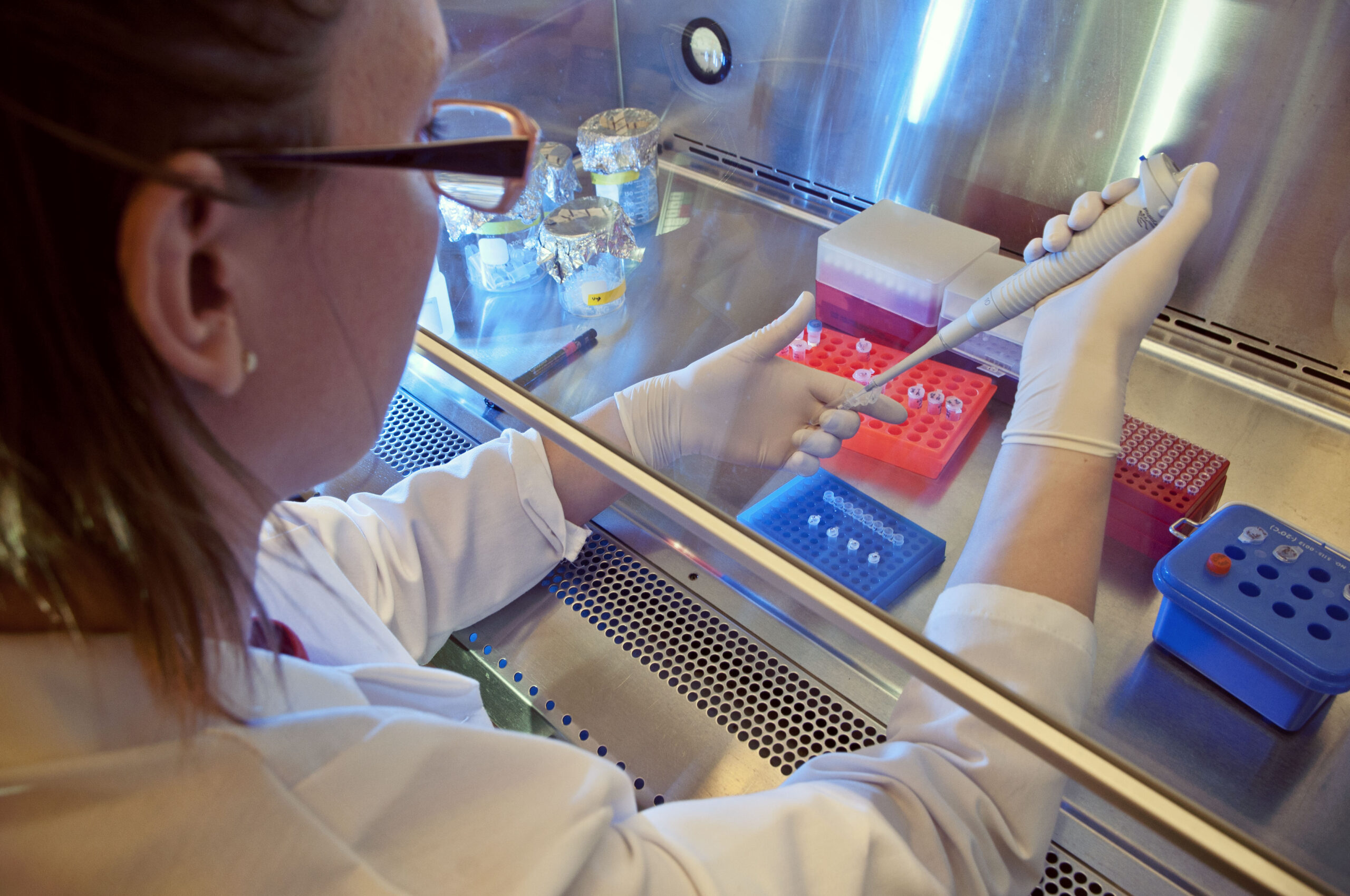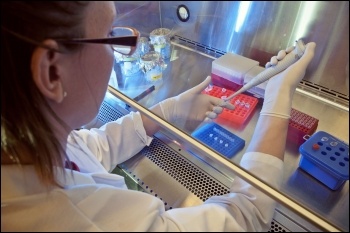Lisa Bainbridge, health charity worker
Drugs company Pfizer has been fined a record £84.2 million, and Flynn Pharma £5.2 million for excessive and unfair prices. The Competition Market Authority ordered the fine for hikes to anti-epilepsy drug phenytoin sodium, branded ‘Epanutin’.
Pfizer sold distribution rights to Flynn Pharma in September 2012. Flynn then debranded the drug, releasing it from price regulation. 100mg of phenytoin sodium capsules, previously sold to the NHS for £2.83, rose to £67.50 – a hike of 2,600%.
There was a slight reduction in May 2014, to a mere £54. But the result had been an increase in NHS spending from £2 million to around £50 million a year in 2013.
The regulator found both companies abused their market position. Pfizer continued to manufacture the drug – at a price 780-1,600% higher than its previous sale price.
The NHS was locked into buying it. Changing medication even slightly risks loss of seizure control for the estimated 48,000 NHS epilepsy patients who rely on it.
Prescriptions dispensed in the community cost the NHS £9.3 billion in 2015, up 4.8% on the previous year, against an increase of just 1.8% on the number of items dispensed to patients.
In my own role in a health charity, we have been working for a year to save a prescribing budget of just £23 million in support of 150,000 NHS patients. That’s less than half the annual profit raid Pfizer and Flynn Pharma conspired to achieve.
The National Audit Office has also recently warned that the NHS needs to find a further £14.9 billion in savings to close the gap between patient needs and available resources.
The NHS is at a crossroads. The choice is simple: a fully funded, publicly owned NHS with cheap, high-quality, nationalised drug manufacturing – or a system that continues to allow corporate raiding of the NHS at our expense.








